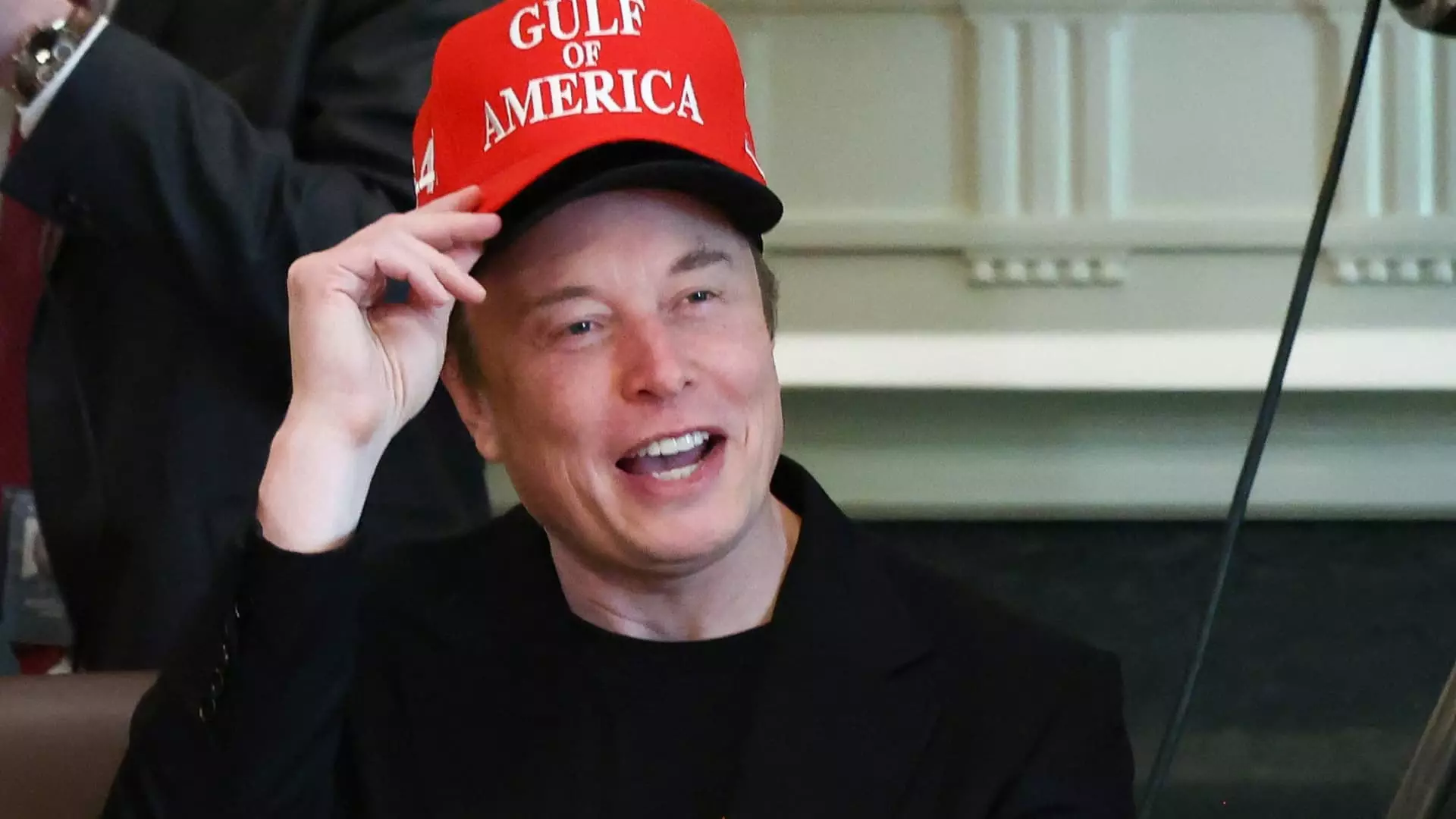Elon Musk’s departure from the Trump administration seems less a grand exit and more an ironic footnote in the chronicle of modern American governance. Musk, heralded as a visionary entrepreneur, spent his time at the helm of the Department of Government Efficiency (DOGE) focused ostensibly on reducing wasteful spending. However, the results of his tenure are far from convincing. While he made headlines for his brave attempts to chop bureaucracy, the stark reality is that brute-force cuts may have merely fanned the flames of inefficiency rather than extinguishing them.
As Musk steps back into his billionaire bubble, one must ask: Was his role ever substantial, or was it merely a footrace to enact a flashy agenda? The idea of cutting costs is noble, but the practical implications of hastily dismantling government structures often lead to greater chaos. In this chaos, the very community services that bolster our society may suffer collateral damage.
Conflicts of Interest and Legal Quagmires
While Musk focused on trimming the federal fat, whispers of legal troubles hovered close by. His dual roles as a government employee and CEO of powerhouse companies, like Tesla and SpaceX, begged the question of conflict of interest. Critics rightfully claimed that he was juggling too many responsibilities, creating a scenario ripe for governance missteps. The culmination of these tensions is now reflected in numerous lawsuits claiming that Musk violated federal laws—a scandal that could darken his legacy.
As he walked away from the government with the same nonchalance with which one might leave a bad date, Musk was criticized for failing to focus adequately on his core responsibilities. Letters from pension fund leaders to Tesla’s board questioning his commitment only underscore the doubts regarding his leadership. Is a titan of industry, consumed by the pursuit of innovation, really equipped to serve as a cog in the governmental machine?
A Governance Style Fit for Silicon Valley
Musk’s approach, characterized by bravado and brashness, seems necessary in Silicon Valley but woefully out of place within the corridors of power. The speed at which technological change occurs does not translate well to the painstaking deliberation required in governance. This mismatch shines a light on the dysfunction inherent in our current political landscape as more tech moguls, emboldened by wealth and influence, dip their toes into governance.
By his own admission, Musk touted his work ethic during his first hundred days, claiming to have poured himself into the DOGE initiative nearly every day. Yet, one must wonder if sheer hours spent equate to productivity or effective governance. Without thoughtful policies or comprehensive reform strategies, the image of a tireless work ethic quickly devolves into a mirage masquerading as progress.
A Fragile Legacy
As Musk reflects on his time spent with Trump, one can’t help but feel a sense of unease at what’s been left behind. Yes, he has achieved monumental success in the private sector, but does that automatically qualify him to navigate the murky waters of politics? The pattern of treating government like a startup—favoring speed and disruption over deliberation and due process—could lead to longer-term repercussions that we are not prepared to confront.
In a landscape where effective governance is crucial for societal wellbeing, we cannot afford to operate under the illusion that innovation alone suffices. If America is to regain its footing, the pieces left scattered by figures like Musk must be carefully reassembled, ensuring that we prioritize thoughtful governance above a relentless chase for efficiency.



Leave a Reply